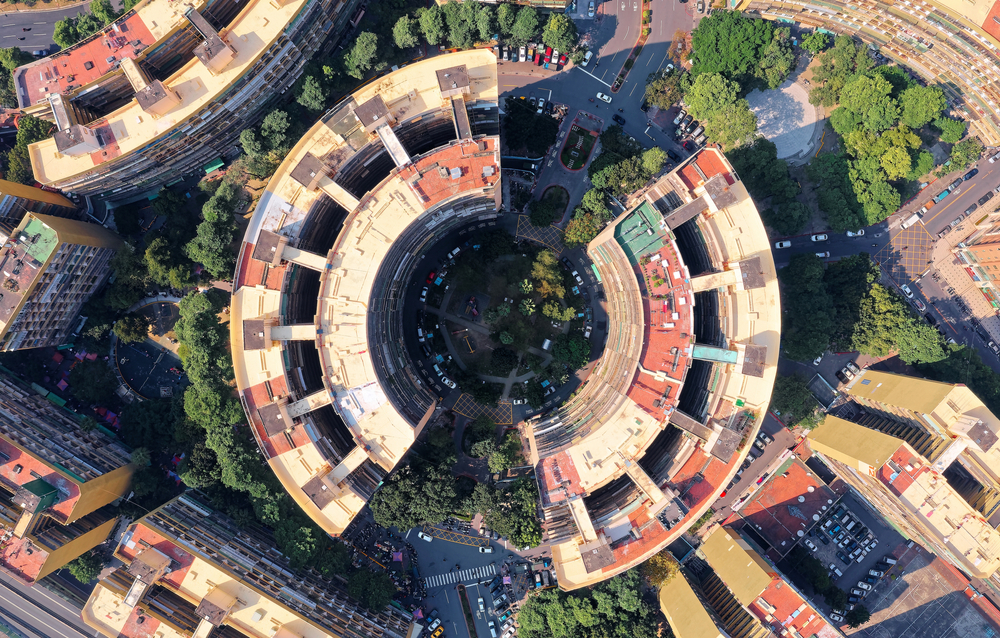South Taiwan city to develop 8,800 social housing amid rising house prices
Rumours about a chip plant being invested in Kaohsiung city has driven up home prices in the area
According to Taiwan News, Mayor Chen Chi-mai said the city of Kaohsiung would build 8,800 social housing units, as house prices rise during unconfirmed reports that Taiwan Semiconductor Manufacturing Co., Ltd. (TSMC) will invest in the city.
Due to rising demand for electronics and a shortage of automotive semiconductors, the business has been buoyant for TSMC, the world’s largest contract chipmaker.
Hence, the site of a former CPC Corporation has been the focus of reports that TSMC would soon release plans to build a chip plant in the southern city, but no confirmation has been made available.
More: Taiwan government hands out 1.2M travel vouchers to boost economy
The speculation has driven up home prices in the area, and Kaohsiung City will collaborate with the central government in meeting the rise in demand for housing near industrial areas, by developing 8,800 units of social housing.
The major predicted total demand around science parks at 50,000 apartments, which will be met by a range of housing formulas, including social projects built in partnership with the city government.
The Property Report editors wrote this article. For more information, email: [email protected].
Recommended
6 reasons Bekasi is rising as Greater Jakarta’s next hotspot
One of Greater Jakarta’s rising stars is prospering, thanks to ample recreation and a contingent of desirable housing projects
6 developments driving Asia’s green real estate shift
Developers are being incentivised to push a green agenda into daring new realms
The Philippines’ LIMA Estate drives sustainable industrial growth
LIMA Estate models a citywide vision that uplifts workers while appealing to climate-conscious employers
Malaysia property market rebounds with foreign interest and growth
The nation’s property market is stirring to life, fuelled by foreign buyers and major infrastructure drives








